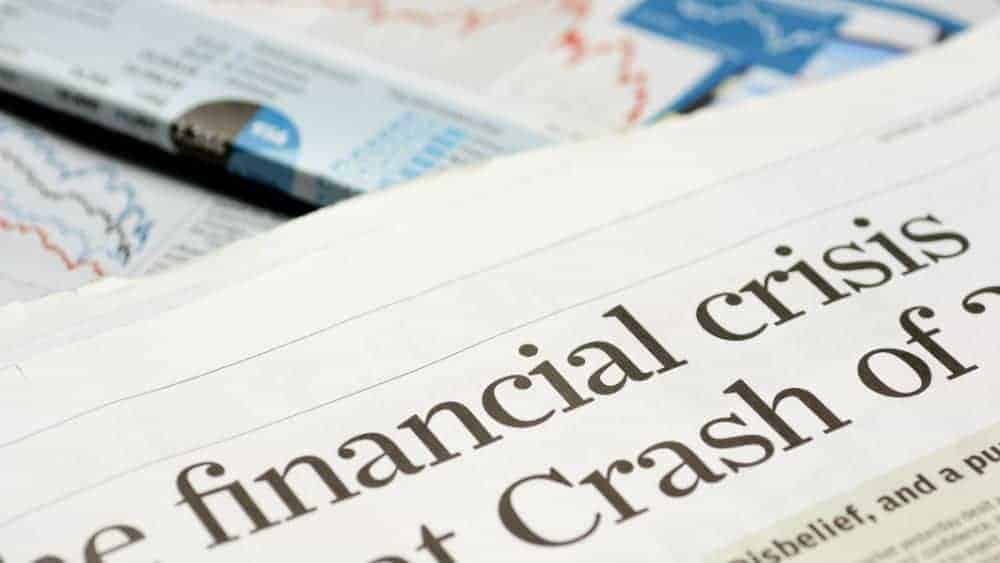Warren Buffett had famously advised investors to “be fearful when others are greedy and be greedy when others are fearful.” What he meant was investors need to look for opportunities to buy quality stocks in a market sell-off.
The COVID-19 pandemic resulted in a bear market, as major indexes slumped over 35% in less than a month. It was a perfect time for the Oracle of Omaha to swoop in and buy undervalued stocks at a massive discount. However, Warren Buffett’s business partner surprised Wall Street when he confirmed that Buffett did not buy stocks in the 2020 market crash.
The cash balance of Warren Buffett-owned Berkshire Hathaway increased from $128 billion at the end of 2019 to $137 billion at the end of Q1 of 2020. So, is one of the great equity investors bearish on the stock market? Well, one of Buffett’s top indicators certainly predicts a market crash.
The Warren Buffett indicator
Warren Buffett provided an easy way to value equity markets. He stated that you can look at the market cap-to-GDP ratio and evaluate if the equity markets are overvalued or not. If this ratio is over 100%, it suggests that the market is overvalued, and vice versa.
This ratio, also known as the Warren Buffett indicator, stands at 110% for the Canadian equity market; this ratio is way higher at 148% for equities south of the border. While the U.S. equities have outpaced Canadian counterparts by a huge margin in the last two decades and command a premium, there is a good chance that markets remain vulnerable under the weight of the dreaded virus.
The Warren Buffett indicator for Canada was at a similar multiple before markets crashed in 2008. It fell to a low of 56% before rebounding over the past decade.
Follow Warren Buffett’s investing principles and invest in index funds
Overvalued or not, it remains impossible to time the equity markets. The recent rally might very well be unsustainable. But then how much will the S&P 500 decline, and when will it bottom out? No one can tell for sure. Millions of investors who timed the market exit successfully this year are scratching their heads over the miraculous recovery in just three months.
So, how do you play a volatile market? One way is by investing in index funds such as the Vanguard S&P 500 Index (TSX:VFV). This index tracks the S&P 500, giving Canadians an opportunity to invest in blue-chip stocks in the United States. The top five holdings of the S&P 500 include Microsoft, Apple, Amazon, Facebook, and Alphabet.
The S&P 500 has several companies with enviable growth prospects. It is one of the most popular indexes in the world and has outperformed several Canadian companies. In the above chart, we can see that the VFV is up 205% in the last 10 years, compared to the 34% gains in the iShares S&P/TSX 60 Index ETF.
As it is traded on the TSX, investors are not exposed to currency risks. Another attractive metric of this ETF is its low expense ratio of 0.09%, and it pays a dividend of 1.25%.
Warren Buffett is a huge fan of index investing, as it significantly diversifies risk. Index investing is ideal for individuals who do not have the time or expertise to identify individual stocks.










